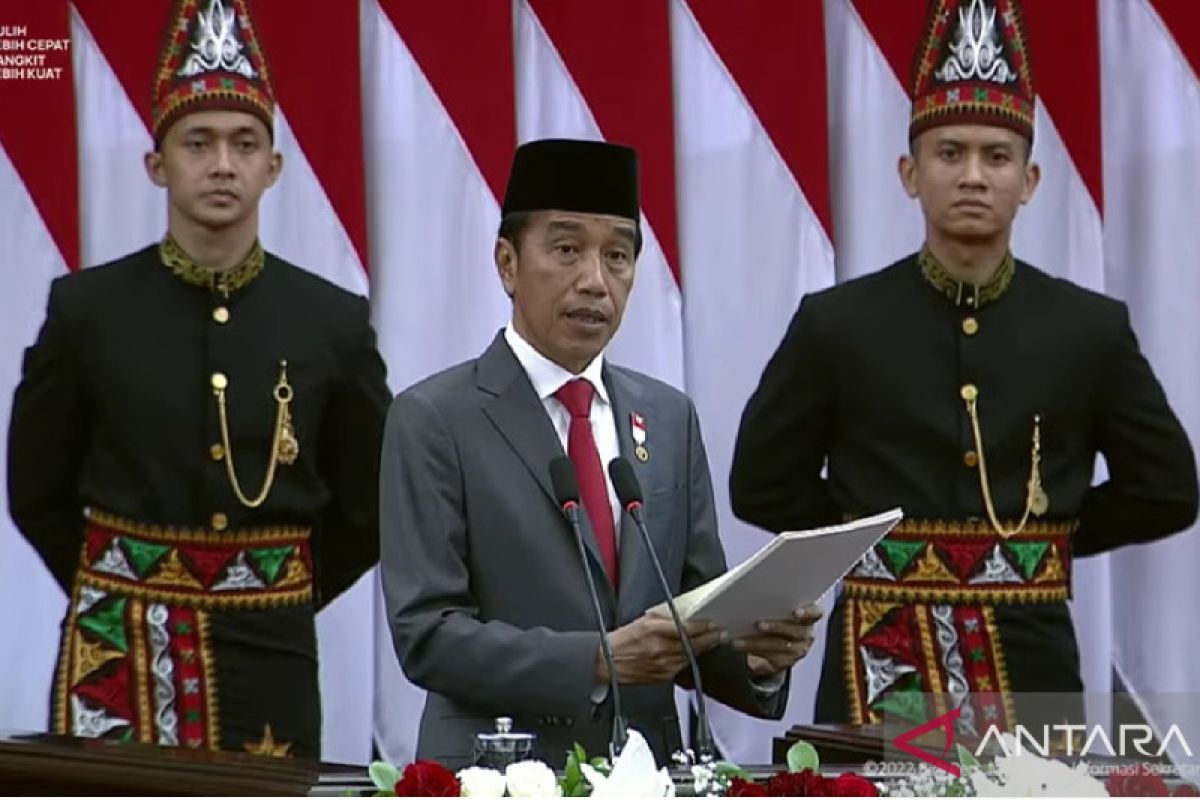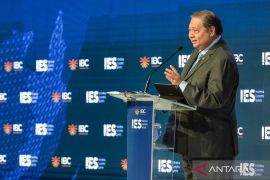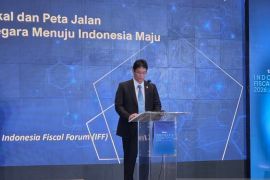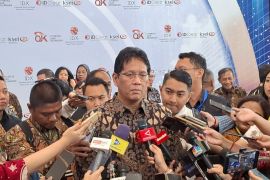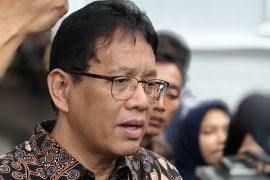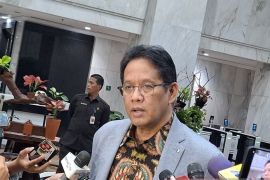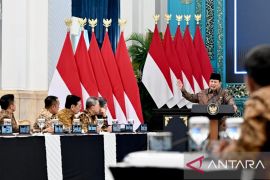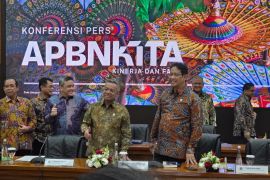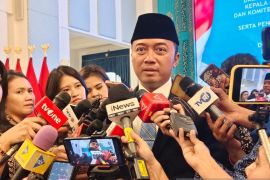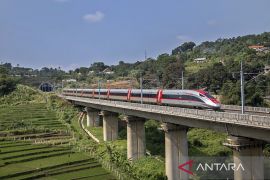He listed the strategies while delivering his speech on the 2023 draft state budget and financial notes at the Parliamentary Complex in Jakarta on Tuesday.
The first strategy is centered on implementing the five main agendas of the state budget.
"First, the 2023 state budget is focused on five main agendas, namely empowering advanced human capital to be productive, innovative, and competitive through the improvement of education and healthcare system quality, as well as accelerating social protection system reforms,” he said.
The budget will also seek to accelerate infrastructure development that supports economic transformation, especially infrastructure development in the sectors of energy, food, connectivity, and ICT (Information and Communications Technology), as well as intensify the effective implementation of bureaucratic reform and regulation simplification.
Then, he said the budget’s fourth focus is revitalizing industry by encouraging industrial downstreaming to increase high added-value and export-based economic activity, and its fifth focus is encouraging the promotion and development of the green economy.
Related news: State spending target of Rp3,041.7 trillion for 2023: President
He revealed that the second strategy is based on the consideration that 2023 is seen to present an opportunity for carrying out quality fiscal consolidation in order to ensure that fiscal management can maintain a balance between countercyclical capability and efforts to control financing risk.
“We continue to thoroughly and gradually carry out fiscal consolidation and reforms in a measurable manner. It starts from the strengthening of state revenue, improvement of expenditure quality, and prudent financing management," he said.
Fiscal reforms on the revenue side have involved the optimization of revenue by tapping potentials, expanding the tax base, improving taxpayer compliance, optimizing asset management, and adding innovation to services, he added.
"Therefore, the tax ratio can increase, strengthening fiscal space, maintaining investment climate, and ensuring the sustainability of industries, and protecting the people’s purchasing power," he explained.
On the expenditure side, the reforms have involved improving expenditure quality through more efficient and more productive expenditure control, seeking a stronger multiplier effect on the economy, as well as being effective in supporting priority development programs and improving public welfare, he said.
"Innovation from the expenditure side is focused to drive flexible and prudent financing through a more integrated public-private partnership (PPP) in terms of infrastructure financing, the strengthening of the Investment Management Institution’s role, as well as the deepening of the state bond market," he added.
Related news: Government targets 5.3% economic growth in 2023
Related news: Indonesian Gov't sets 2023 budget deficit limit at 3% of GDP
Translator: Ade I J, Aria Cindyara
Editor: Suharto
Copyright © ANTARA 2022
